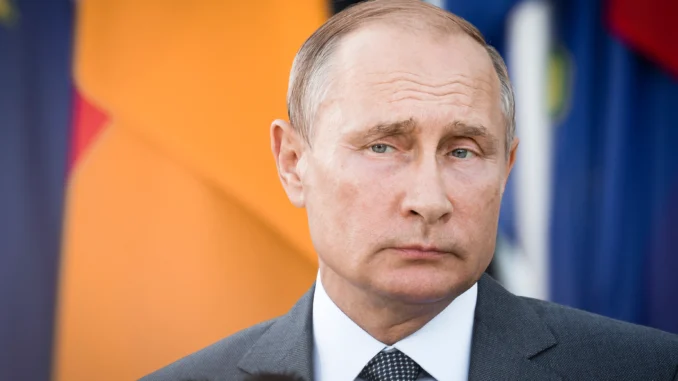
Rising oil earnings in Russia could lead to increased foreign currency purchases, despite sanctions from the US and Europe.
Russia’s energy revenues are close to exceeding its target levels, reports Bloomberg. This could enable estimated purchases of $200m in Chinese Yuan per month, allowing it settle domestic deficit of foreign exchange. The country uses the currency as its main asset to conduct transactions after all state purchases of foreign currency were halted in January 2022, following Russia’s invasion of Ukraine.
After January 2022, the Russian finance ministry started selling foreign currency to insulate itself from the volatility of the commodity market. Russia collects its energy revenues in foreign currency, with one third of its budget coming from oil and gas revenue. As a result of excessive selling, the country’s rouble reserves reached unprecedented deficits as military spending increased, offset by forcing oil producers to pay more taxes.
The price of Russian oil was set at $34 per barrel before April in 2022, gradually falling to $25 from July. The Russian leadership accounted for this change with increased taxation on producers. The weak domestic currency also helped bridge this price gap.
However, earnings from oil and gas have declined by 45% from the same time in 2022, to RUB1.64tn. This shortfall already exceeds the Russian finance ministry’s target for all of 2023.
In January 2023, Russia sold $47m worth of Chinese Yuan to buy roubles. In April this year, Yuan replaced US dollars as the most traded currency in Russia.
Despite the West’s resolve to wean off dependency on Russian energy, Russian oil and gas has made way into the EU via other channels. The country’s preparation to make purchases in Yuan implies Russia is keeping up with the flow of dollars from oil and gas sales in the face of sanctions from US and Europe.



